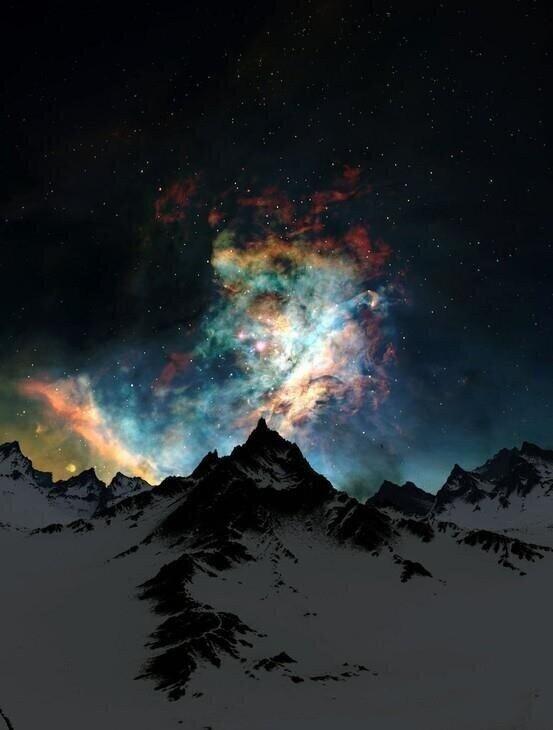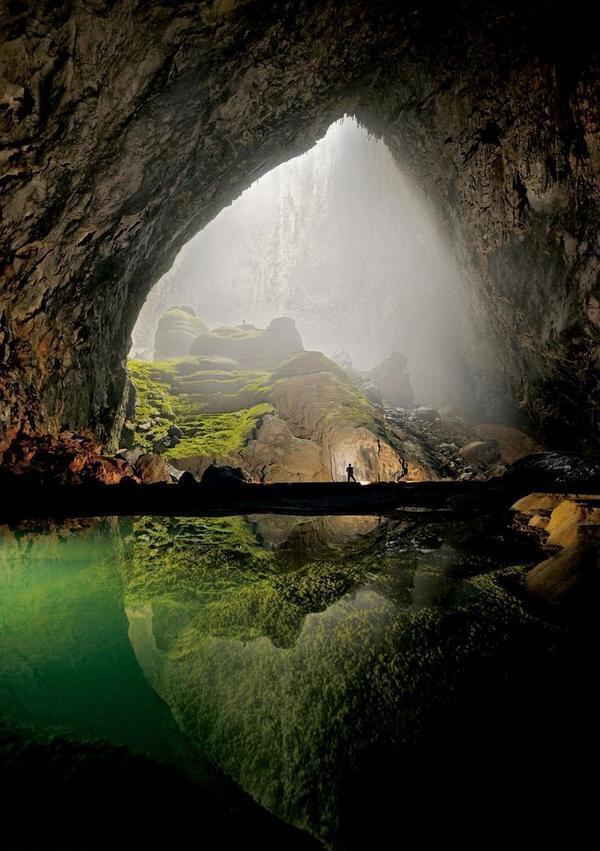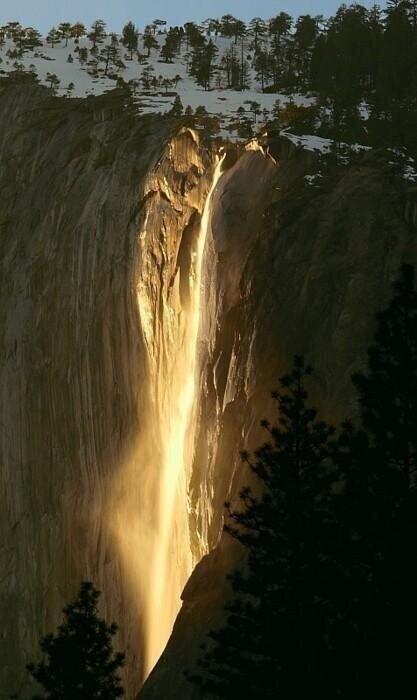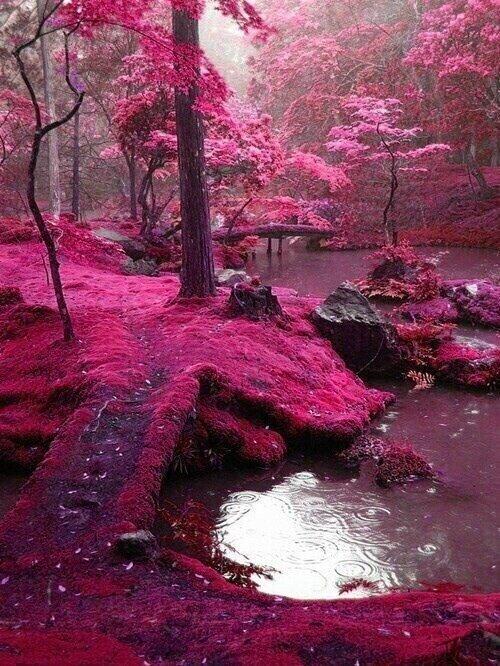In the class on Raja Yoga at the Vedanta Society of Toronto on April 16th.
We continue to discuss the subject of Death..and after and also of non attachments.
Our Teacher the revered Swami Kripamayananda Maharaj and a group of ardent students..our Swami quotes this poem from the Katha Upanishad which is part of the Vedas which are the oldest and most vast spiritual literature known to mankind. the Kath Upanishad means `Death as Teacher '. Here symbolically God, teaches us deep lessons of life through death and some of the most beautiful poems and passages in the Sanskrit language come from here. This passage describes what and where a man goes after death..Our Teacher Swamiji explains to us that Swami Vivekananda the great sage always spoke of death and that unless we overcame the fear of death we could not live truly..facing death was being able to give up our greatest attachment which was to our own bodies..Speaking about death is not morbidity it is going beyond all fear..our teacher told us about how he has seen or heard of many cancer patients including the late first president of the Vedanta Society of Toronto..Swami Pramathananda Maharaj living a life of joy, dignity, courage and happiness even when they knew that their days were numbered..also view
Below is the immortal Poem taken from the Katha Upanishad...
From the Poem..The Ruler Within
How can I know that blissful Self, supreme,Inexpressible, realized by the wise?
Is he the light, or does he reflect light?
The Ruler Of Death replied..:
There shines not the sun, neither moon nor star,
Nor flash of lightning, nor fire lit on earth.
The Self is the light reflected by all.
He shining, everything shines after him
There is a city with eleven gates
The river flowing down from the mountain.
For this Self is supreme!
The adorable one who is seated
In the heart rules the breath of life.
Unto him all the senses pay their homage.
When the dweller in the body breaks out
In freedom from the bonds of flesh, what remains?
For this Self is supreme!
We live not by the breath that flows in
And flows out, but by him who causes the breath
There shines not the sun, neither moon nor star,
(Taken from the Kath- Upanishad ) The city of eleven gates.
Some Highlights of the class: on the subject of no attachment and no ownership a student gives a beautiful example taken from the philosophy of the Native Indians..they think..I belong to my beloved and not my beloved to me..just as I belong to the land and not the land to me..so I don't fight over it or divide it..
Another example. Back in India this gentleman ( our class mate ) owns a rare Vintage car which is just one of six left in the world. Yet he has never ridden in it or driven it. He just pays for it..while his Driver in India drives, it cleans it..maintains it and takes it to the Vintage car rally's..so he wonders what does `ownership mean' who really owns what?
Our spiritual teacher Swami Kripamayananda maharaj also tells us that the holy Bhagwad Gita is the essence of all the Vedas and the holy Literature of the ancient scriptures..http://en.wikipedia.org/wiki/Katha_Upanishad
Here is the rest of the Poem Taken from the Katha Upanishads it has been transalted into English from Sanskrit by Max Mueller.
 There is a city with eleven gates
There is a city with eleven gatesOf which the ruler is the unborn Self,Whose light forever shines.
They go beyond sorrow who meditate on the Self
And are freed from the cycle of birth and death.
For this Self is supreme!
The Self is the sun shining in the sky,
The wind blowing in space; he is the fire
At the altar and in the home the guest;
He dwells in human beings, in gods, in truth,
And in the vast firmament; he is the fish
Born in water, the plant growing in the earth,
The river flowing down from the mountain.
For this Self is supreme!
The adorable one who is seated
In the heart rules the breath of life.
Unto him all the senses pay their homage.
When the dweller in the body breaks out
In freedom from the bonds of flesh, what remains?
For this Self is supreme!
We live not by the breath that flows in
And flows out, but by him who causes the breath
To flow in and flow out.
Now, O Nachiketa, I will tell you
Of this unseen, eternal Brahman, and
What befalls the Self after death.
Of those unaware of the Self, some are born
As embodied creatures while others remain
In a lower stage of evolution,
As determined by their own need for growth.
That which is awake even in our sleep,
Giving form in dreams to the objects of
Sense craving, that indeed is pure light,
The cosmos, and beyond whom none can go.
For this Self is supreme!
As the same fire assumes different shapes
When it consumes objects differing in shape,
So does the one Self take the shape
Of every creature in whom he is present.
As the same air assumes different shapes
When it enters objects differing in shape,
So does the one Self take the shape Of every creature in whom he is present.
As the sun, who is the eye of the world,
Cannot be tainted by the defects in our eyes
Or by the objects it looks on,
So the one Self, dwelling in all, cannot
Be tainted by the evils of the world.
For this Self transcends all!
The ruler supreme, inner Self of all,
Multiplies his oneness into many.
Eternal joy is theirs who see the Self
In their own hearts. To none else does it come!
Changeless amidst the things that pass away,
Pure consciousness in all who are conscious,
The One answers the prayers of many.
Eternal peace is theirs who see the Self
In their own hearts. To none else does it come!

tning, nor fire lit on earth.
The Self is the light reflected by all.
He shining, everything shines after him
The Self is the light reflected by all.
He shining, everything shines after him


No comments:
Post a Comment